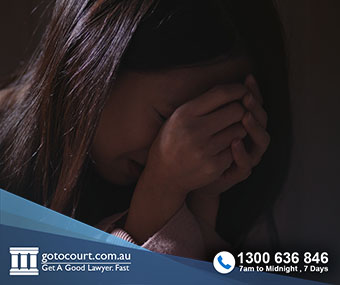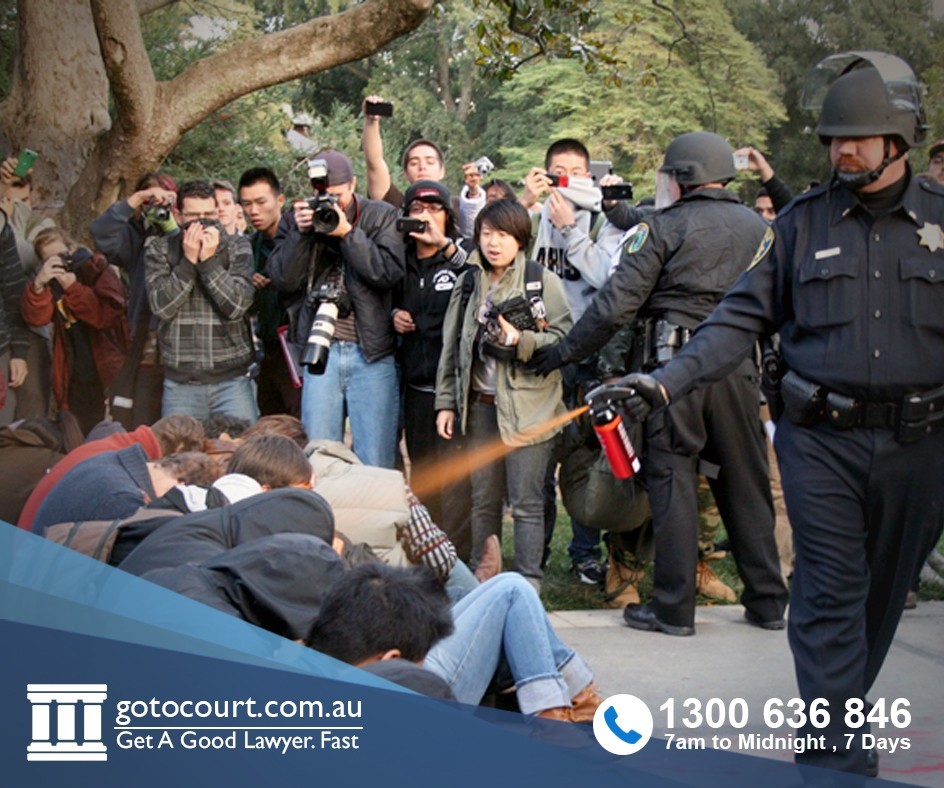Assault in the ACT
Assault charges are dealt with under Part 2 of the ACT Crimes Act 1900 and include offences such as common assault, grievous bodily harm and stalking. The maximum penalty that an assault charge can attract depends on the circumstances of the offence and the extent of harm inflicted. This article deals with assault in the ACT.
Definition of assault
In the ACT, a person can be assaulted through the intentional or reckless actions of another that cause fear of the apprehension of force without consent. Assault charges can be made out in two ways – by applying force to a person without consent or by threatening to do so. There does not need to be any physical injury to the victim for an assault to have occurred, nor does the force applied have to be significant. An assault may consist of a punch, a slap, or a push, among other forms of contact.
Common assault
Common assault is an offence under section 26 of the Crimes Act. Common assault usually occurs when a person is hit, pushed, shoved or threatened during an argument, but does not sustain injury. The Magistrates Court may sentence a person to up to two years imprisonment for a common assault.
Threats
A person may be charged with common assault on the basis of making a threat that caused another person to fear the application of force. However, if a person makes a more serious threat, the ACT imposes harsher penalties. The Crimes Act makes it an offence to threaten to kill another person where this causes them to fear that the threat will be carried out. Threatening to kill a person is punishable by imprisonment for up to 10 years.
Assault causing bodily harm
An assault causing bodily harm is a more serious offence than common assault and arises in circumstances where the person has suffered actual physical injury such as bruises or scratches. Penalties for causing bodily harm include imprisonment of up to five years. However, the penalty may be raised to seven years imprisonment if the offender assaulted a pregnant woman, and caused harm to the pregnancy, knowing she was pregnant.
Assault causing grievous bodily harm
The Criminal Code defines grievous bodily harm as permanent or serious disfigurement, or the loss of or serious harm to a pregnancy (other than during a medical procedure).
The negligent infliction of grievous bodily harm is dealt with under section 19 of the Crimes Act where the maximum penalty is 13 years imprisonment (or 15 where the offence is committed against a pregnant woman).
If the offender intentionally inflicted grievous bodily harm, the offence will be dealt with under section 20 and the maximum penalty is imprisonment for 20 years, which is raised to 25 years imprisonment where the victim is a pregnant woman.
Sexual assault
In the ACT, a person can be charged with sexual assault in the first, second or third degree.
A person commits sexual assault in the first degree if they cause grievous bodily harm with intent to have in sexual intercourse. This is publishable by up to 17 years imprisonment, or by up to 20 years if the offence is committed in company with another person.
A person commits sexual assault in the second degree if they cause bodily harm with intent to have sexual intercourse. This is publishable by up to 14 years imprisonment, or by up to 17 years if the offence is committed in company with another person.
A person commits sexual assault in the third degree if they assault a person, or threaten to inflict harm on a person, with the intent to have sexual intercourse. This is publishable by up to 12 years imprisonment, or by up to 14 years if the offence is committed in company with another person.
Possible defences
It is important to note that certain legal defences may be available to a person charged with an assault offence. The most common defence relied on in response to an assault charge is self-defence. The common law has long held that a person is not guilty of an offence if they act in defence of themselves, of another person or of property. However, for a person to defeat an assault charge on the basis of self-defence they must show that the level of force they used to defence themselves was proportionate to the threat faced and that their actions were reasonably necessary in the circumstances.
Other defences that may apply in some circumstances are mental impairment and immature age.
If you require legal advice or representation in any legal matter, please contact Go To Court Lawyers.
Watch the video below to know more about the Assault Charges in Australia:






